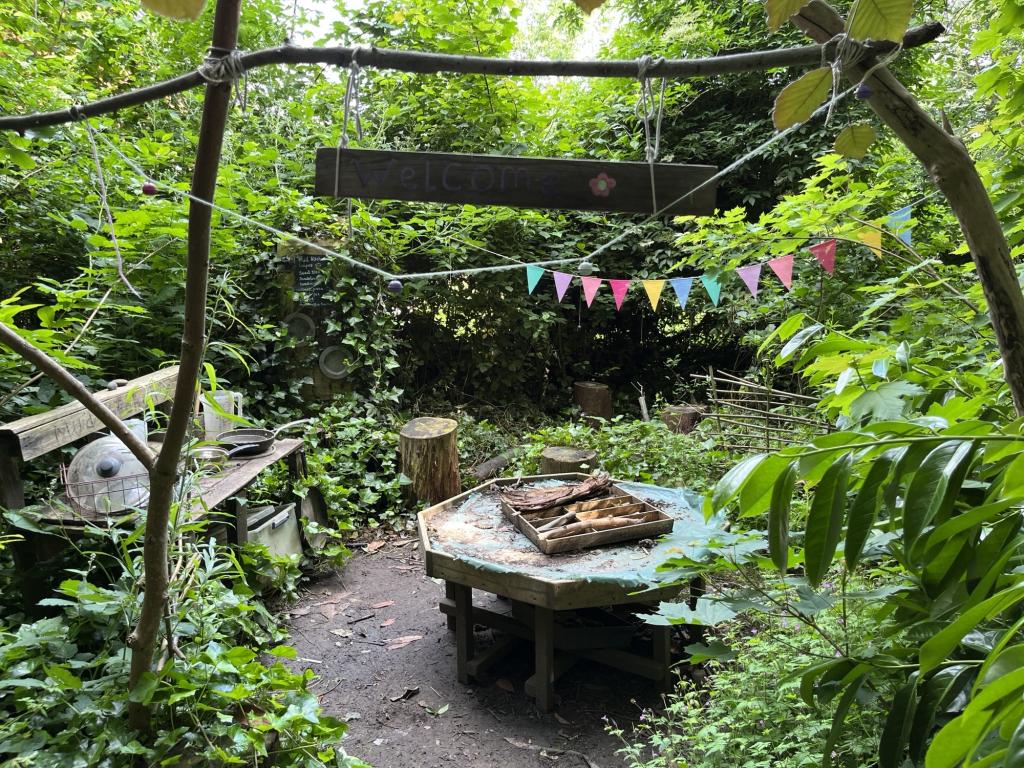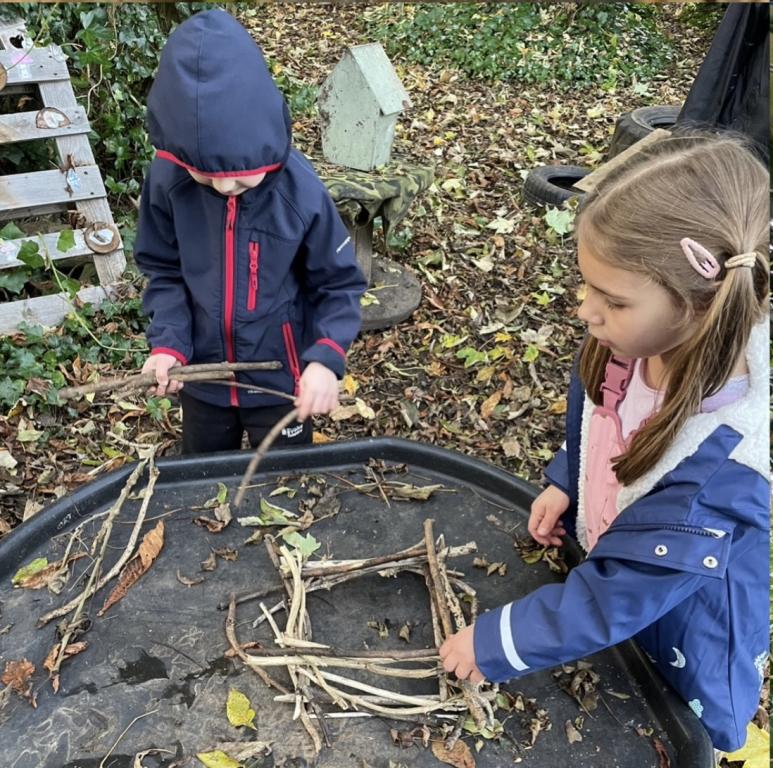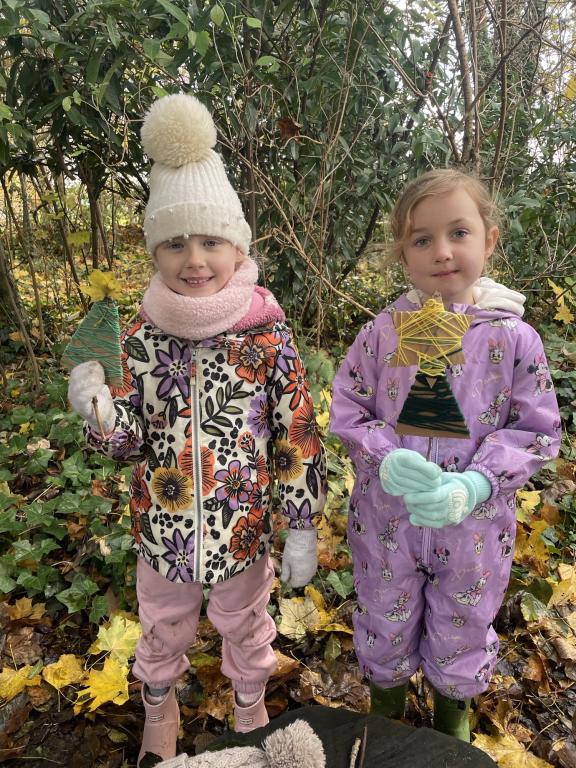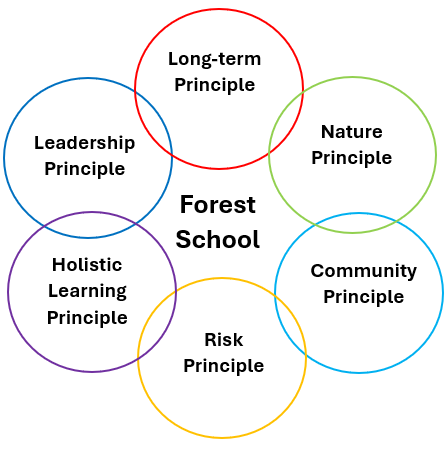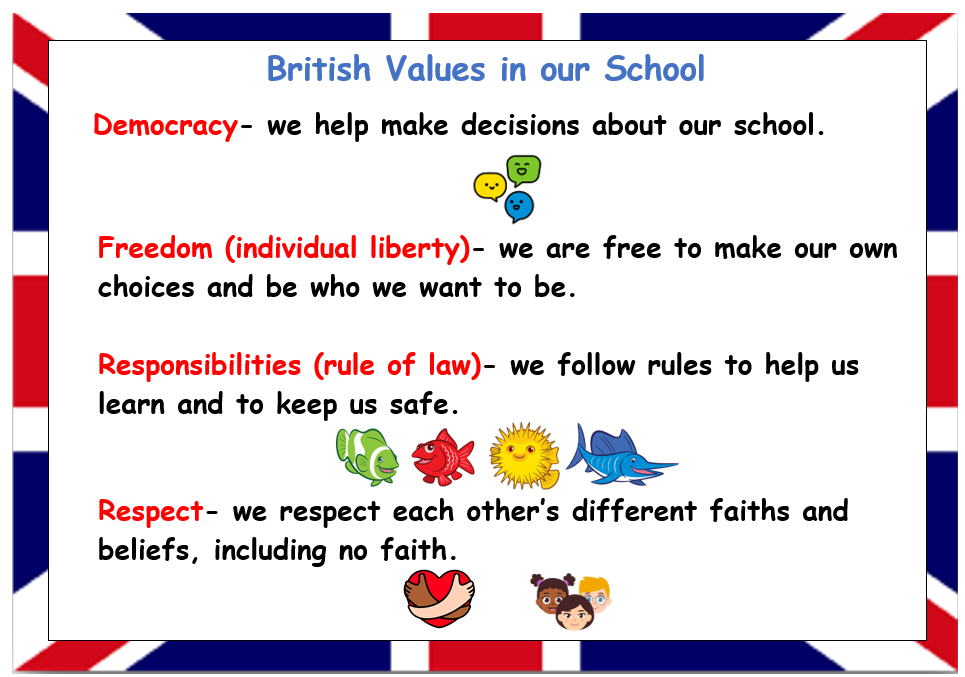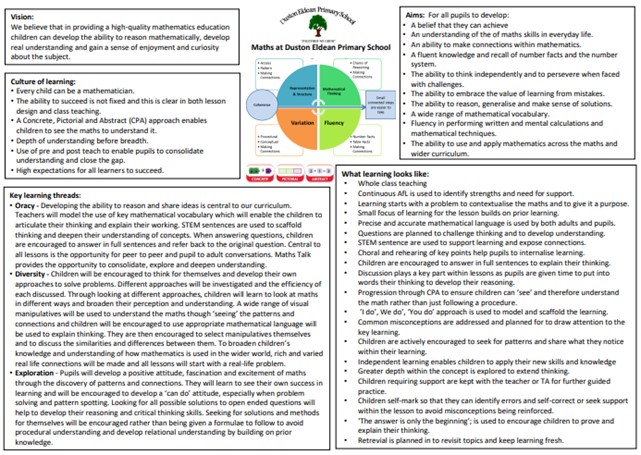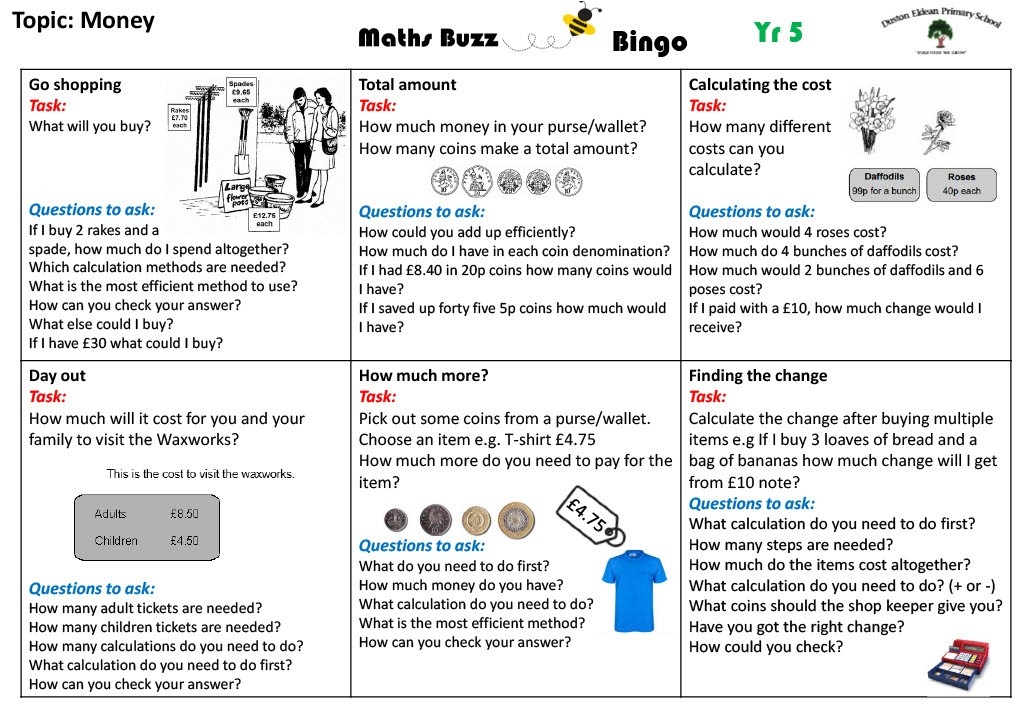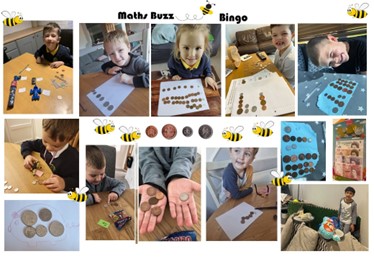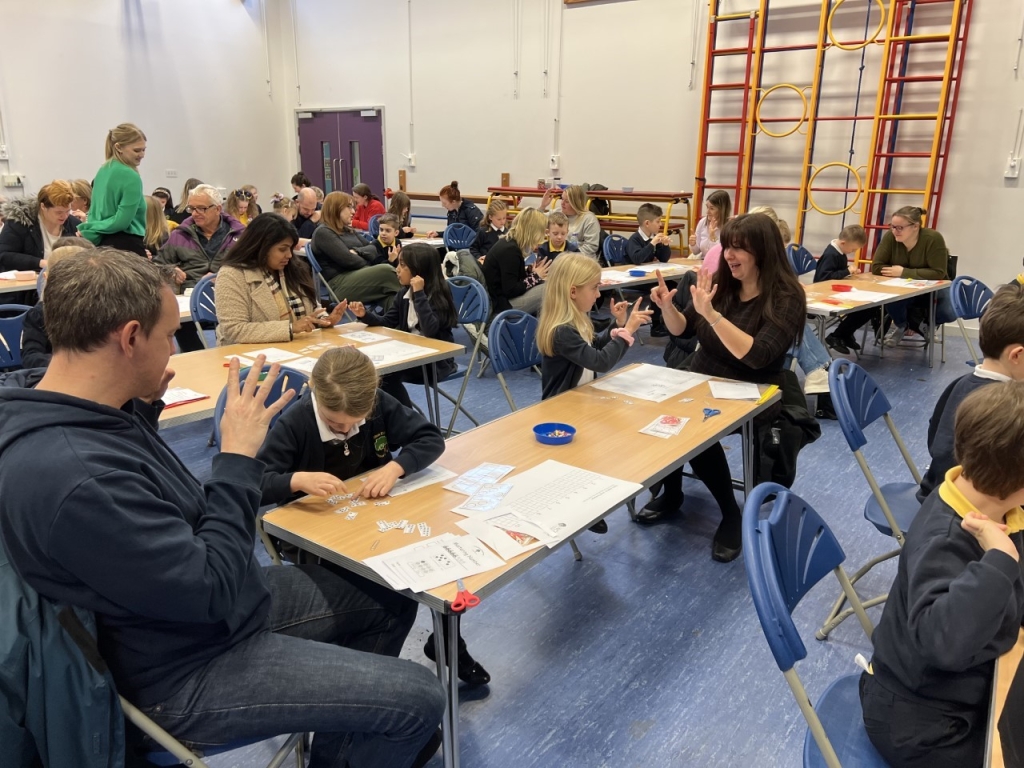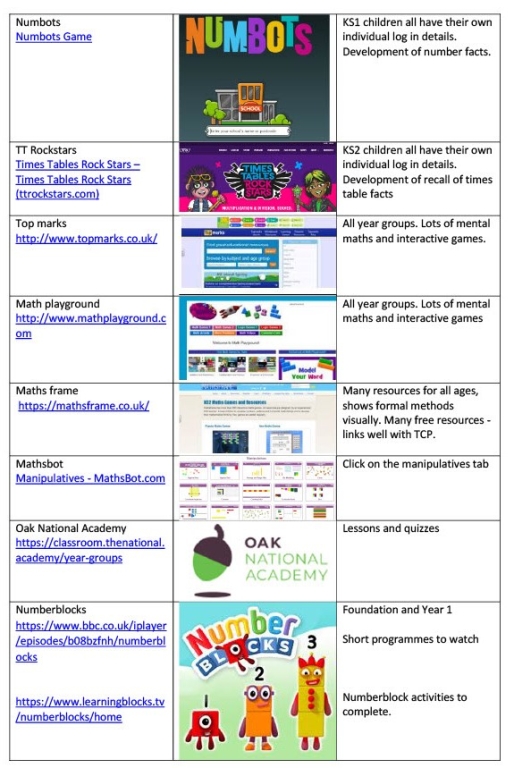What is Cultural Capital?
Cultural capital is the accumulation of knowledge, behaviours, and skills that a child can draw upon and which demonstrates their cultural awareness, knowledge and competence; it is one of the key ingredients a child will draw upon to be successful in society, their career and the world of work.
Cultural Capital was introduced to expose all children, including those who may not have these opportunities outside of school, to a range of experiences and background knowledge equipping them with cultural knowledge to propel them further in their education, careers and social development. Cultural Capital is the essential knowledge that pupils need to be educated citizens.
Growth Mindset
At the centre of developing knowledge, behaviours and skills that a child can draw upon is an attitude that enables children to fully access their learning. At Duston Eldean, we promote and develop the children's understanding of a growth mindset. A growth mindset is a belief that knowledge, personality and abilities can all be developed through the aspects in the school's PIECE acronym.
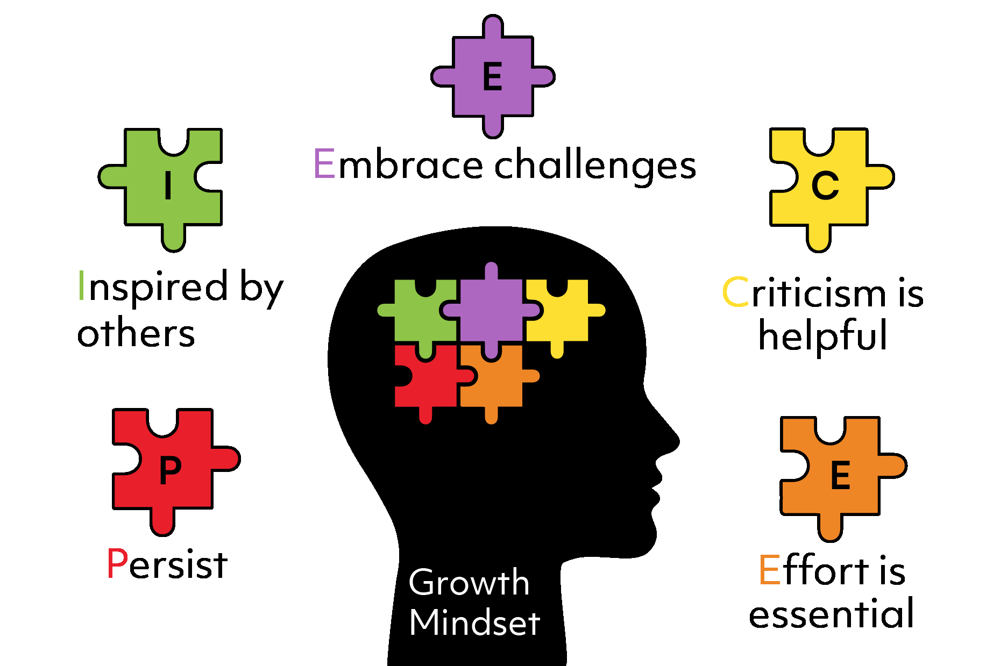
We create a safe culture where mistakes and misunderstanding are part of the learning process and should be seen in a positive manner. Developing a growth mindset outlook is a relentless journey and we do this in many ways including:
- through growth mindset comments in feedback
- everyday language discussing success through the 5 aspects of PIECE
- relating stories and achievements in assemblies, PSHE and other subjects to PIECE
- reflection time sessions having a discrete focus on PIECE
- praise linked to the 5 aspects of PIECE
- challenges and experiences which will require a growth mindset outlook
- mentoring for pupils who need additional support to demonstrate a growth mindset
Spiritual, Moral, Social and Cultural (SMSC)
At Duston Eldean Primary School, we want our pupils to be successful, confident learners and responsible citizens. We recognise the importance of both the academic and personal development and well-being of every child in our school. This includes recognising the importance of providing a range of opportunities for our pupils to support their spiritual, moral, social and cultural developments.
Pupils’ spiritual development is shown by their:
- ability to be reflective about their own beliefs, religious or otherwise, that inform their perspective on life and their interest in and respect for different people’s faiths, feelings and values.
- sense of enjoyment and fascination in learning about themselves, others and the world around them.
- use of imagination and creativity in their learning willingness to reflect on their experiences.
Spiritual Development at Duston Eldean Primary School:
- Through our key threads of ‘Oracy’ , ‘Diversity’ and ‘Exploration’ and our Skills for Life Curriculum (incorporating Philosophy for Children, Growth mindset, weekly reflection time sessions, Core Learning Skills, Forest School and PSHE lessons)
- Religious Education lessons across the school
- Whole school assemblies, including special assemblies covering topics such as Remembrance and religious festivals
- Teaching and learning about festivals and celebrations
- Christmas Nativities for Key Stage One
- School trips to churches, synagogues and other religious buildings
- Developing a climate, or ethos, within which all pupils can grow and flourish, respect others and be respected; for example, Pupil Voice groups.
- Accommodating difference and respecting the integrity of individuals; for example, Assemblies on Diversity and Anti-bullying week, PSHE lessons including a ‘Celebrating Differences’ unit of work
- Value pupil questions and give them space for their own thoughts, ideas and concerns.
- Enable pupils to make connections between aspects of their learning.
- Encourage pupils to relate their learning to a wider frame of reference; for example, asking ‘why’, ‘how’, and ‘where’ as well as ‘what’.
- FISH philosophy development in our learners
- School intra-school tournaments (mixed teams – abilities/gender)
- Key questions (higher order thinking) planned on lesson planning
- Huge Unbelievable Great Goal promotion: to be kind and thoughtful
Pupils’ moral development is shown by their:
- ability to recognise the difference between right and wrong and to readily apply this understanding in their own lives, recognise legal boundaries and, in so doing, respect the civil and criminal law of England.
- understanding of the consequences of their behaviour and actions.
- Interest in investigating and offering reasoned views about moral and ethical issues and ability to understand and appreciate the viewpoints of others on these issues.
Moral Development at Duston Eldean Primary School:
- Through our key threads of ‘Oracy’, ‘Diversity’ and ‘Exploration’ and our Skills for Life Curriculum (incorporating Philosophy for Children, Growth mindset, weekly reflection time sessions, Core Learning Skills, Forest School and PSHE lessons)
- Providing a clear moral code for behaviour which is promoted consistently through all aspects of the school; for example, FISH, Anti Bullying Week and Online safety
- Promoting equality relating to; gender, religion, ethnic origin, sexual orientation, age, disability, SEN, (Inclusion policy, Equal Opportunities policy, SEN policies).
- Giving pupils opportunities to explore and develop moral concepts and values throughout the curriculum; for example, truth, justice, equality of opportunity, right and wrong (P4C, RE, History, English, Assembly, pupil voice groups, Community Police officer visits).
- Developing an open and safe learning environment in which pupils can express their views and practise moral decision making: Pupil Voice Groups; Drama; Safeguarding policy; Philosophy for Children
- Rewarding expressions of moral insights and good behaviour (Merit awards; communication with parents termly letters home for good behaviour, ).
- Modelling through the quality of relationships and interactions the principles we wish to promote; for example, fairness, integrity, respect for persons, pupil welfare, respect for minority interests, resolution of conflict keeping promises and contracts (whole school charity events; British Values; Assembly themes).
- Encouraging children to take responsibility for their actions; for example, respect for property, care of the environment and code of behaviour (FISH means; home school agreement; Assembly themes).
- Reinforcing the school’s values (FISH) in every classroom and our FAB policy
- Pupil Voice Groups (SLC, ECO, HUGG, Well-being, Digital leaders)
- Restorative approach to behaviour
Pupils’ social development is shown by their:
- use of a range of social skills in different contexts, for example working and socialising with other pupils, including those from different religious, ethnic and socio-economic backgrounds.
- willingness to participate in a variety of communities and social settings, including by volunteering, cooperating well with others and being able to resolve conflicts effectively.
- Acceptance and engagement with the fundamental British values of democracy, the rule of law, individual liberty and mutual respect and tolerance of those with different faiths and beliefs; they develop and demonstrate skills and attitudes that will allow them to participate fully in and contribute positively to life in modern Britain.
Social Development at Duston Eldean Primary School:
- Through our key threads of ‘Oracy’ , ‘Diversity’ and ‘Exploration’ and our Skills for Life Curriculum (incorporating Philosophy for Children, Growth mindset, weekly reflection time sessions, Core Learning Skills, Forest School and PSHE lessons)
- Fostering a sense of community with common, inclusive values (Assembly; Home-School Agreement; events including Summer fairs)
- Promoting equality relating to; gender, religion, ethnic origin, sexual orientation, age, disability, SEN,
- Promoting racial, religious and other forms of equality (Racial & Equal opportunities policies).
- Providing opportunities to participate in the democratic process and participate in making community decisions (Voting for Pupil Voice groups).
- Opportunities for pupil voice – e.g. pupil questionnaires, pupil voice groups
- Providing children with opportunities to exercise leadership and responsibility (Prefects, Peer Mentors, librarians)
- Welcoming members of the wider community into our school and keeping them informed of developments (Website; facebook, newsletter; notice board; involvement in community events)
- School trips, visits and residential visits (Year 4 and Year 6)
- Feedback to parents on the child’s social and learning skills: Family consultations, interim and end of year reports with learning skills and behaviours on the reports
- Extra-curricular clubs
- DEAR (Drop Everything and Read) sessions and parent reading sessions
- Year Six children reading to pre-school children
- Prefect leading tours for prospective parents
- Family support worker – supporting children with social barriers
- Children targeted for support at break times
- Fundraising activities
- Peer mentoring
- Parental reading volunteers
- Transition days- dedicated time with new teachers to promote positive attachments
- Secondary enhanced transition
- Bikeability
Pupils’ cultural development is shown by their:
- understanding and appreciation of the wide range of cultural influences that have shaped their own heritage and those of others
- understanding and appreciation of the range of different cultures within school and further afield as an essential element of their preparation for life in modern Britain.
- knowledge of Britain’s democratic parliamentary system and its central role in shaping our history and values, and in continuing to develop Britain.
- willingness to participate in and respond positively to artistic, musical, sporting and cultural opportunities.
- interest in exploring, improving understanding of and showing respect for different faiths and cultural diversity and the extent to which they understand, accept, respect and celebrate diversity, as shown by their tolerance and attitudes towards different religious, ethnic and socio-economic groups in the local, national and global communities.
Cultural Development at Duston Eldean Primary School:
- Through our key threads of ‘Oracy’ , ‘Diversity’ and ‘Exploration’ and our Skills for Life Curriculum (incorporating Philosophy for Children, Growth mindset, weekly reflection time sessions, Core Learning Skills, Forest School and PSHE lessons)
- Celebrating the attitudes, values and traditions of diverse cultures (Geography; RE; History; English; Library; Assembly; Art; Dance; Music; celebrating festivals and promoting EAL within the school)
- Celebrating religious festivals- Diwali, Christmas, Holi, Ramadan
- Visitors
- Young Voices
- Intra and inter school sporting tournaments
- Drama competitions
- Library competitions
- Creative Arts Evening
- School art exhibition
- Whole school Talent Show
- Productions and performing to an audience
- RE curriculum
- Work on developing attitudes to racism, sexism, homophobia
- Exploring the work of artists from other cultures
- Tasting and making food from other cultures
- Regular singing lessons and music lessons
- MFL teaching
- Sports Day
